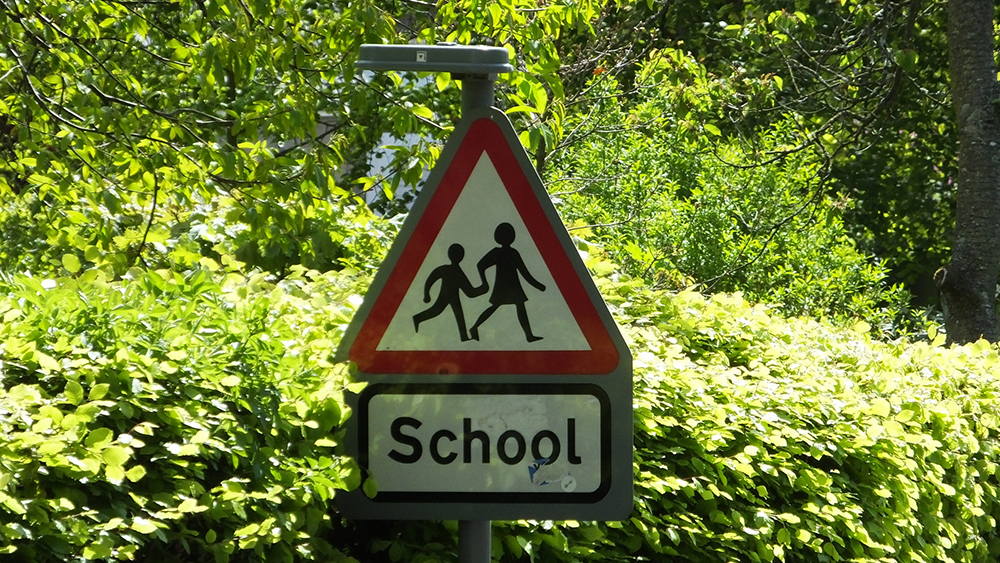Some Christians have rushed to call it the “death of chaplaincy”, but the changes to the National School Chaplaincy Program introduced by the Albanese Government mean religious chaplains face competition.
“The government will open up the program to give schools the option to choose either a chaplain or a professionally qualified student welfare officer,” Federal Education Minister Jason Clare told Newscorp.
It is a “back to the future” move, returning the chaplaincy program to how the last Labor government ran it. The program retains its $60m annual budget.
Family First Party National Director Lyle Shelton takes a pessimistic view. “It’s been less than a month and Labor is dismantling faith-based chaplaincy in schools,” he tells his Twitter followers. “They didn’t talk about this in the lead-up to the election because Christian chaplains do a great job & are popular in school communities.”
However, Vision Christian media ran a story in April that covered Family Voice’s Greg Bondar receiving an assurance that Labor would keep chaplains while making this change.
A more favourable response comes from Peter James, CEO of SU Australia, on behalf of the National School Chaplaincy Association. He regards Jason Clare’s announcement as good news.
“The National School Chaplaincy Association (NSCA) thanks both sides of politics for supporting the program over many years. We also acknowledge comments from Federal Education Minister Jason Clare that schools will now be able to choose a student welfare worker or a chaplain.
“This is not new and was the policy of the previous federal Labor government. At that time, approximately 3,000 schools chose to continue employing trusted and trained school chaplains to support their school communities. We expect the majority of schools to do the same this time.
“Chaplains are well trained and are required to hold a Certificate IV in youth work, community work or equivalent. However, 74 per cent of NSCA chaplains exceed this minimum qualification and hold diplomas, bachelor’s degrees or higher in related fields, such as human services, education, social science and pastoral care.”
Email This Story
Why not send this to a friend?



